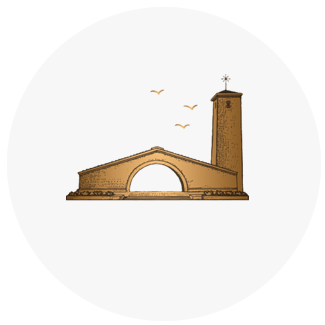How To Taste
There are many amazing qualities to wine, yet perhaps the most beautiful of all is that wine, like life, is based on perception. As we navigate life, we see, smell, and taste an abundance of sensations; all of which store themselves in our minds as more than a sensation, but a memory. Wine tasting allows us the opportunity to explore these memories as we see, smell, and taste each sensation in the glass. Are you ready for the best part? Because wine tasting is completely subjective, you can never be wrong! That’s right, what you see, smell, and taste are a part of your story. What you’ve seen, where you’ve been, it all comes to life as you explore the brilliance of what’s sitting in the glass in front of you. We invite you to see, smell, and taste so you can tell your story through every glass.

See
Let’s start with the easy part, is the wine red or white? Do you notice any effervescence? Is the color of the wine deep or see through? In the world of blind tasting, all of these provide beneficial clues as to what is inside the glass without ever seeing the label of the wine poured.
Smell
Smell is where it starts to get subjective, because we’ve all experienced different sensations in life. Do you smell any fruit? Vanilla or baking spices? Herbs? Alcohol? All of these are clues as to how the wine was made, and most importantly, the smell of a wine will offer an opportunity to tell if the wine has any immediate flaws. If you smell wet cardboard, this means your wine has gone bad and should be discarded. But if you smell forest floor or wet leaves, those aromas may be a sign of the wine region or a wine with age. European wines often showcase aromas of earth before fruit, while American wines often showcase fruit before earth.


Taste
Now for the best part, the taste. Tasting a wine is the final piece of the puzzle. It’s where you confirm what you smelled, and expand into other facets of the wine itself. Can you guess the alcohol percentage based on the taste? How does the wine feel in your mouth? If it’s light and refreshing, the wine can be considered light bodied. If it’s more enveloping and rich, the wine can be considered medium to full bodied. Does the wine have tannins? Tannins are the property within a wine that leaves the inside of your cheeks and tongue feeling gritty, so much so that people often refer to the effect as “cat’s tongue”. If the tannins are smooth and refined, this could be a sign of high quality production or beautifully integrated oak aging. If the tannins are intense and abrasive, this could be a sign of youth and recent oak aging. Finally, confirm the aromas. Do you taste the fruit you smelled? Is it under ripe, perfectly ripe, or over ripe? Under ripe fruit in wine is an indication of a cooler wine region or an early harvest. Ripe fruit is the indication of a wine region with a moderate climate and standard harvest. Over ripe fruit is an indication of a tropical climate and sometimes, a later harvest. Finally, do you taste the secondary aromas of vanilla, baking spices, or herbs? All of these are clues that will tell you if the wine was aged or fermented within oak, concrete, or stainless steel vessels.
Congratulations! You’ve now successfully tasted and evaluated wine like a professional. Robert Mondavi Winery would like to thank you for sharing your story as you sip through our 6 amazing wines.
Purchase 750ml Bottles of Your Favorite Wines from Our Tasting Kit

2021 The Estates Sauvignon Blanc Stags Leap District
$50
Best Seller

2019 Red Blend Napa Valley
$50
Best Seller

